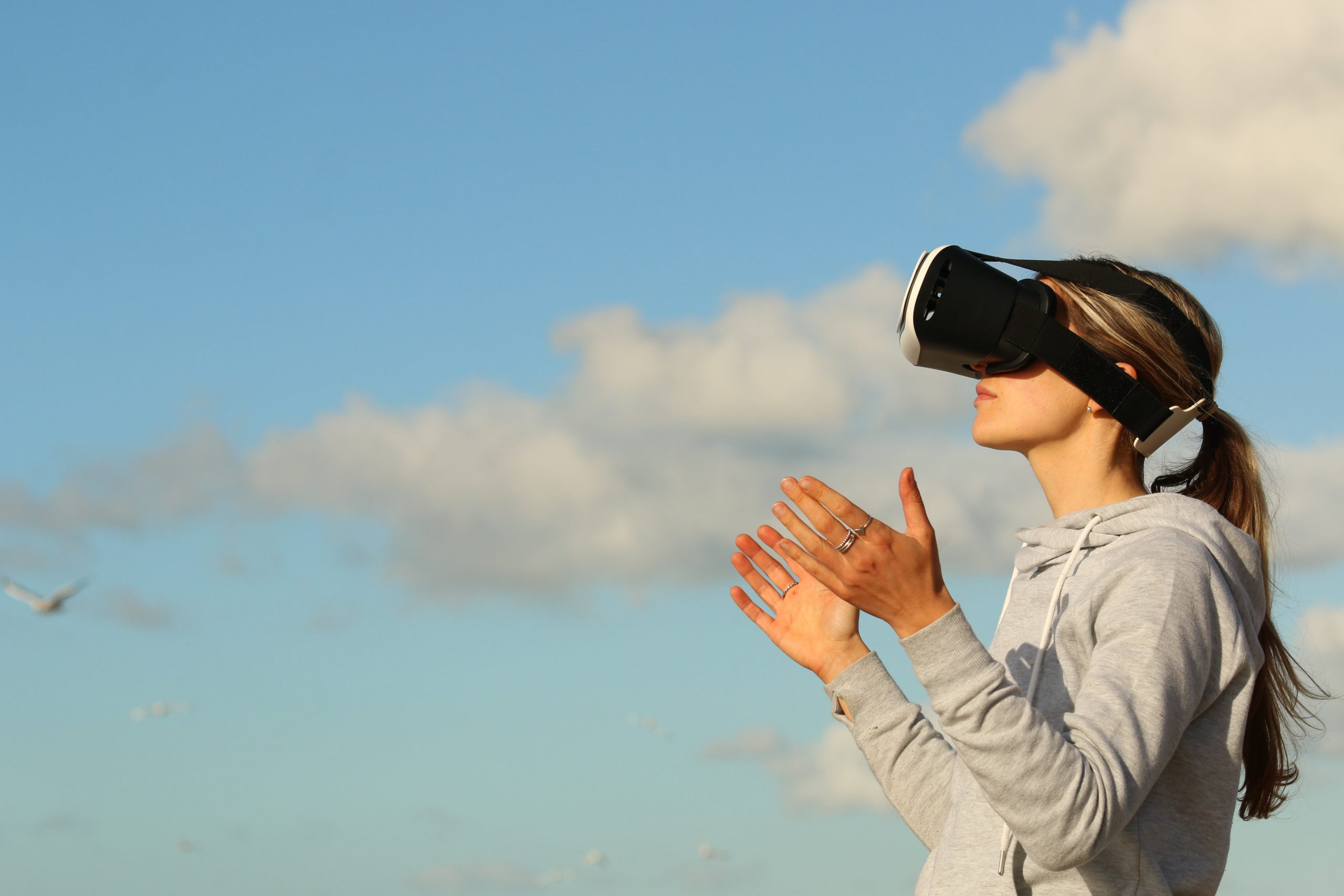
Stay tuned for the announcement about our MRI VR Game!
Stay tuned for the announcement about our MRI VR Game! Category: News More updates

Beyond Entertainment: The Expanding Use Cases of VR in Our Lives
Virtual Reality (VR), once relegated to science fiction and gaming realms, is rapidly infiltrating various aspects of our lives. Its ability to create immersive, interactive environments is paving the way for exciting and transformative applications across diverse fields. Let’s explore some of the most prominent use cases:
Education and Training: Imagine exploring the Great Wall of China from your classroom or dissecting a virtual frog in biology class. VR is revolutionizing education by making learning interactive, engaging, and accessible. Students can visit historical sites, conduct experiments, and practice complex procedures in a safe, controlled environment. Similarly, VR training simulations are used in various industries, from aviation to healthcare, to provide trainees with realistic scenarios and feedback, improving skills and safety.
Healthcare and Therapy: VR is making waves in the healthcare field. Therapists use it to treat phobias, anxiety, and PTSD by exposing patients to controlled virtual environments that trigger their fears, allowing them to confront and overcome them in a safe space. VR can also help with pain management, physical rehabilitation, and cognitive training for patients with neurological conditions.
Workplace Collaboration and Design: Imagine attending a virtual meeting with colleagues from around the world in a shared 3D workspace, complete with whiteboards and virtual tools. VR is transforming remote work and collaboration by fostering immersive and interactive experiences. Additionally, architects and engineers can use VR to design and visualize buildings and products before construction, allowing for better collaboration and decision-making.
Beyond these, VR is finding applications in:
Fitness and exercise: Immersive fitness games and virtual workout environments are making exercise more engaging and motivating.
Social interaction: VR platforms are fostering new forms of social interaction and connection, particularly for those facing physical limitations or geographical barriers.
Military and defense: VR is used for training simulations, battlefield reconnaissance, and even medical evacuation procedures.
Challenges and the Future:
Despite its potential, VR faces challenges like cost, accessibility, and concerns about privacy and safety. However, advancements in technology and increasing awareness are expected to overcome these hurdles. As VR continues to evolve, we can expect even more innovative and transformative use cases to emerge, shaping the future of various industries and impacting our daily lives in profound ways.
It’s important to note that the development and implementation of VR technologies should prioritize ethical considerations and responsible use to ensure its benefits reach all members of society.

Stay tuned for the announcement about our MRI VR Game! Category: News More updates

What is next for VR? Category: News The future of VR (Virtual Reality) holds several exciting possibilities and potential advancements: 1. Improved Hardware: There will